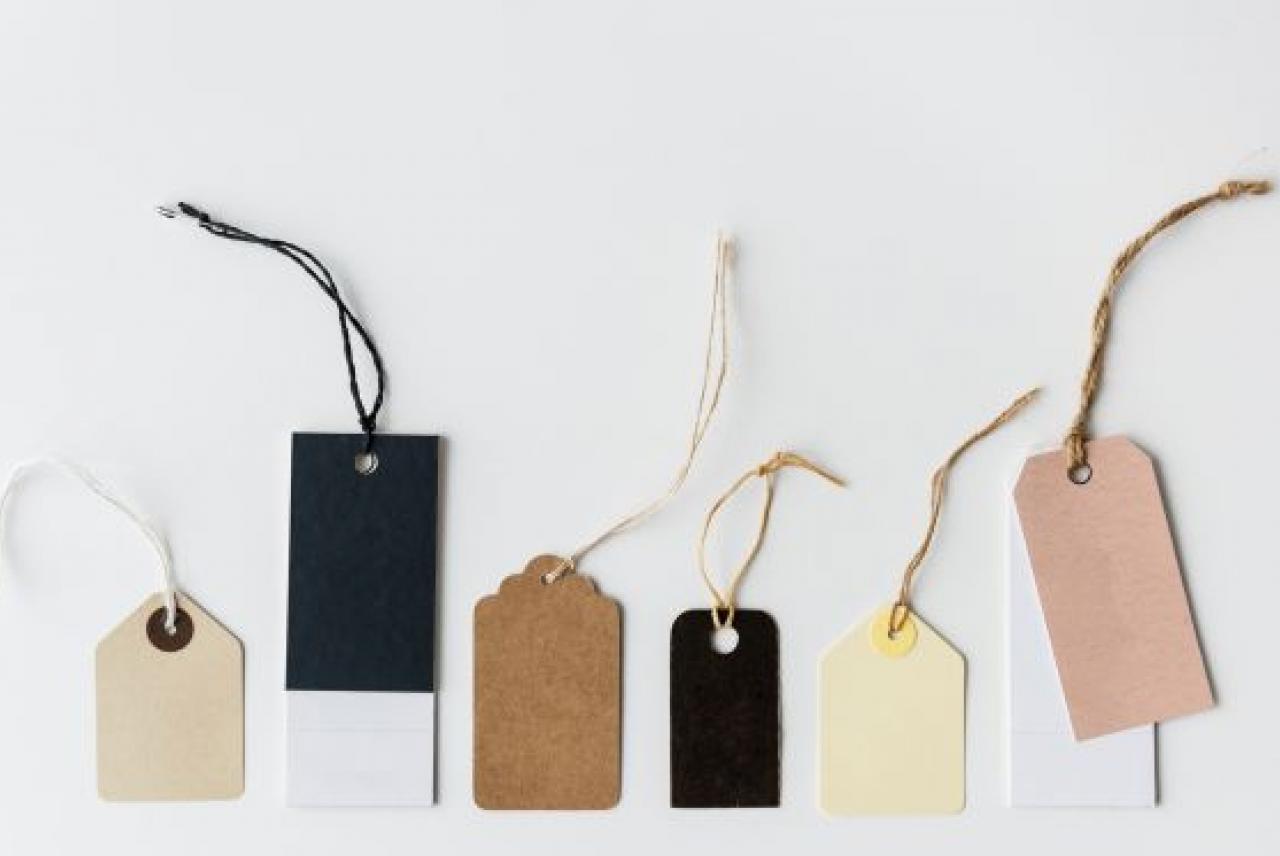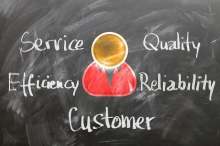We’d all like to shop more sustainably, but making green choices isn’t always easy. In fact, it can be downright confusing. Whether you are shopping for food, clothing, cosmetics or an electrical appliance, you are likely to be bombarded by ethical claims.
Statements such as ‘locally sourced’, ‘natural’, ‘energy saving’, ‘sustainably produced’, ‘cruelty free’ or ‘made with love’ might sound impressive, but how can we know which claims are true and which are simply marketing ploys trying to cash in on our good intentions? Most importantly, what do these statements actually mean and has anyone checked that goods live up to their labelled promises?
There are more than 400 different eco-labels in Europe alone, so it’s no wonder that consumers are experiencing label overload. This confusion can impede our ability to make purchasing decisions that genuinely benefit the planet.
The importance of voluntary standards
Sustainable choices should be the easiest choices. Voluntary standards are a powerful tool that can help businesses, and governments, to meet sustainable development goals.
In many cases, businesses want to do the right thing but simply don’t know where to start. This is where standards can help. Developed by groups of experts – including consumers – they spell out good practice for organisations to follow, helping them to improve the way that they run their business.
Standards can be national, regional or international in scope. International standards are increasingly important in the current climate, because they provide consistent guidance and consumer protection across borders.
The growth of global consumer markets and e-commerce has given consumers greater access to products and services from abroad. Covid-19 has accelerated virtual consumerism, forcing more and more B2C interactions to take place online. Consumers need confidence in what they are buying, and who they are buying from, more than ever before.
There are standards (published or in development) to cover a wide range of ethical issues – from social responsibility and circular economy to smart cities, energy efficiency, air quality, green finance, sustainable tourism, ethics and AI, water quality, plant-based foods and modern-day slavery. More are being developed all the time.
Standards and navigating ethical claims
New international guidance on ‘Ethical Claims and Supporting Information’ (ISO/ TC 17033) aims to build consumer trust in ethical claims. The standard spells out good practice for businesses on how to develop ethical claims that are credible, accurate and verifiable. It is applicable to claims made about an organisation, product, service or process and covers everything from animal welfare and local sourcing to fair trade, child labour, and more.
Compliance with the standard can be assessed and verified by an independent third party, and certified organisations can use this to publicly demonstrate the credibility of their claim.
Consumers have an important role to play in sustainable consumption, but we can’t do it alone. Businesses need to take significant and collective action to improve the sustainability of their processes, products and services, reduce their impact on the environment and provide consumers with authentic green choices.
Consumers shaping standards
To ensure that standards tackle real issues that affect real people it is vital that the consumer voice is heard in their development.
The Consumer and Public Interest Network (CPIN) is an independent organisation, supported by BSI, that represents consumers in standards to make their lives safer, fairer and better. CPIN representatives are all volunteers who give up their time to participate in standards development to:
- highlight key consumer issues
- minimize the risk of consumer harm
- make a positive difference to consumers’ lives
Sustainability is one of CPIN’s five priority areas, and our members are trained to think about issues related to sustainability and ethics for every standard they work on. Wherever relevant, they encourage businesses to operate in a way that meets the needs of the present without compromising the ability of future generations to meet theirs. In turn, this helps consumers to make green choices that support sustainable and ethical lifestyles.





